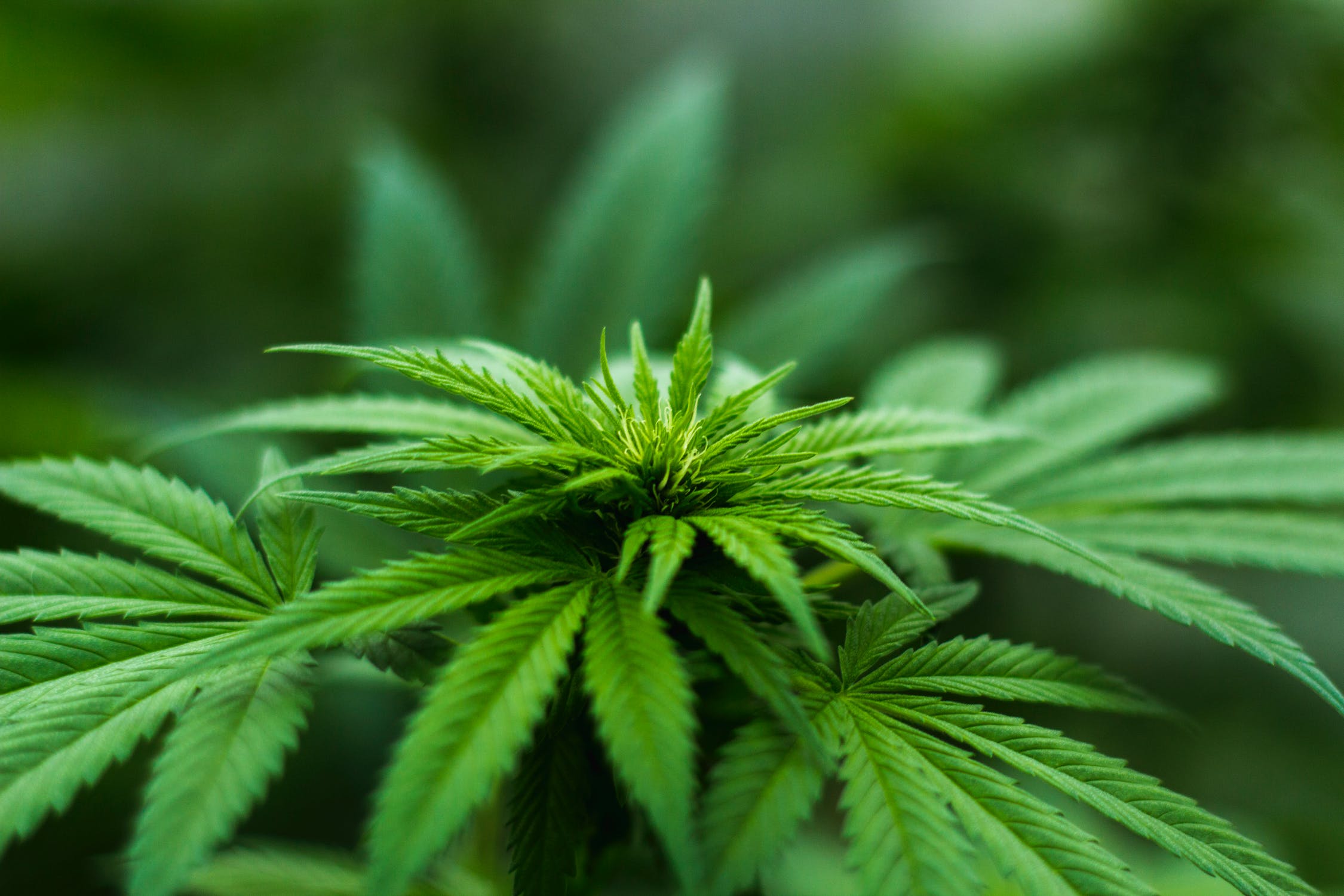
The United States has a long, tumultuous history with the prohibition of illegal substances. Prohibition, for people living in the United States, is understood to be the period in United States’ history in which sales on alcohol and the consumption of alcohol were prohibited by law. In the 1920s, Americans were concerned with the prohibition of alcohol. In 2020, Americans are concerned with the prohibition of marijuana. The United States’ prohibition on marijuana began when the Federal Government of the United States issued the Marijuana Tax Act of 1937, which banned the use and sale of marijuana. The Marijuana Tax Act of 1937 was ruled unconstitutional in the late 1960s and was eventually replaced by the Controlled Substances Act of 1970, which defined marijuana as a Schedule I substance—a rating given only to substances with no accepted medical use and a high potential for abuse, like heroin or LSD.
The Prohibition on Marijuana
The prohibition of marijuana in 2020 looks far different from the prohibition on alcohol in the 1920s. For one, various states, like Colorado, California, Illinois, and Washington, have broke ranks with the federal government and legalized the recreational use of marijuana. Furthermore, other states, like Missouri, Iowa, New Mexico, and Florida, have legalized the medical use of marijuana. Now that we have seen an influx in the legalization (and decriminalization, for that matter) of marijuana, what happens to those currently serving sentences on marijuana charges?
Reconsidering the Criminality of Marijuana
It is a valid question—why should someone sit in prison for something others are able to use and enjoy freely? Donte Westmoreland is serving 7.5 years for marijuana charges in Kansas and says that Kansas’ sentencing laws are unjust. Kansas uses sentencing range guidelines to promote uniformity in penalties. Judge John Bosch used the sentencing guidelines to sentence Westmoreland to 92 months in prison. Westmoreland’s attorney, Christopher Joseph, said, “[Westmoreland] was the first guy I’ve ever had sentenced to prison on a marijuana conviction—first, ever—and I’ve been doing it for 17 years.”
Joseph also went on to say, “the current Kansas law and penalties for marijuana are unjust,” and that “the law is so out of sync with reality at this point.” Joseph points out the reality that more than half of American adults, including the last four presidents of the United States, admit to at least trying marijuana at some point in their life. Westmoreland has requested clemency for his charges from Kansas Governor Laura Kelly. Governor Kelly’s office is in the process of reviewing the clemency request, according to the Kansas City Star.
Contact a Drug Attorney for Legal Help
Unless you have a medical card that permits you to possess, grow, or distribute marijuana, it is still a controlled substance in Missouri. If you are caught in possession of marijuana or distributing marijuana without a permit, the penalties you face could have serious implications for your permanent record, ability to attend school, or your ability to get or maintain a job. Contact an experienced and diligent drug lawyer in Columbia if you are facing marijuana charges.

